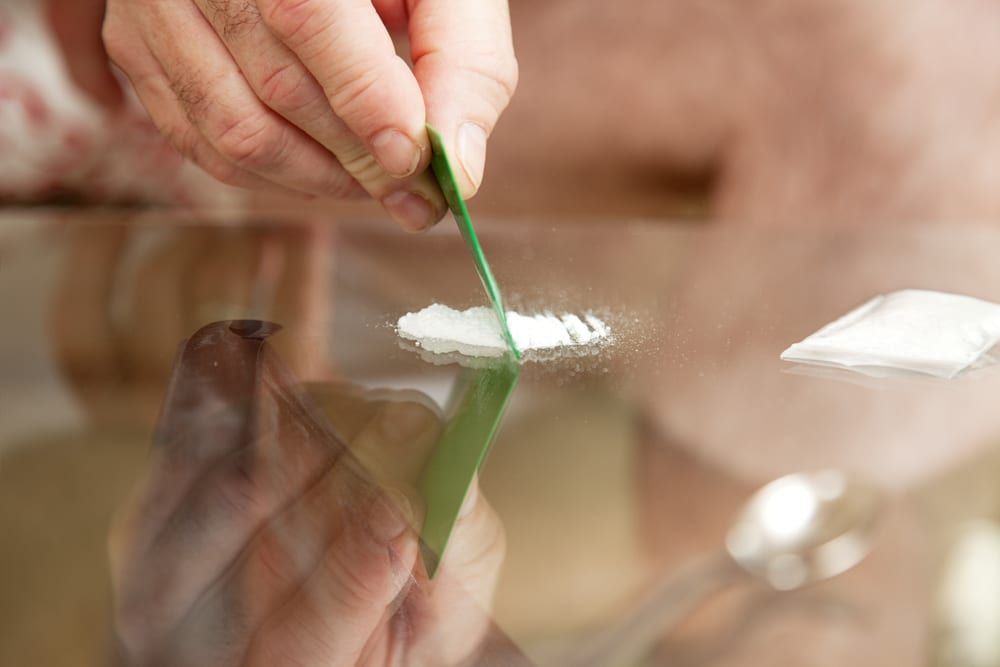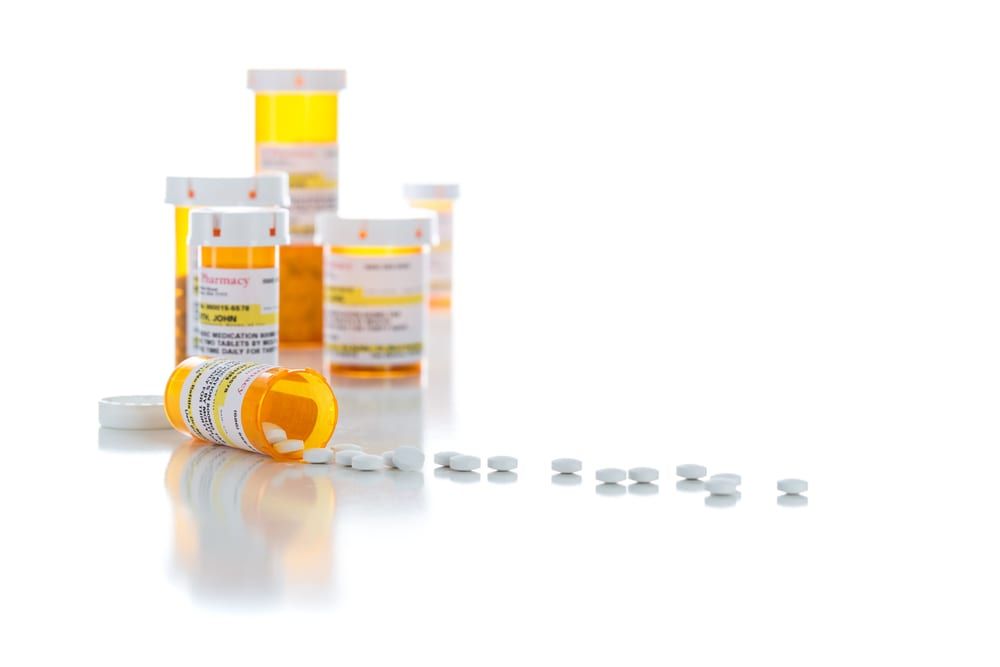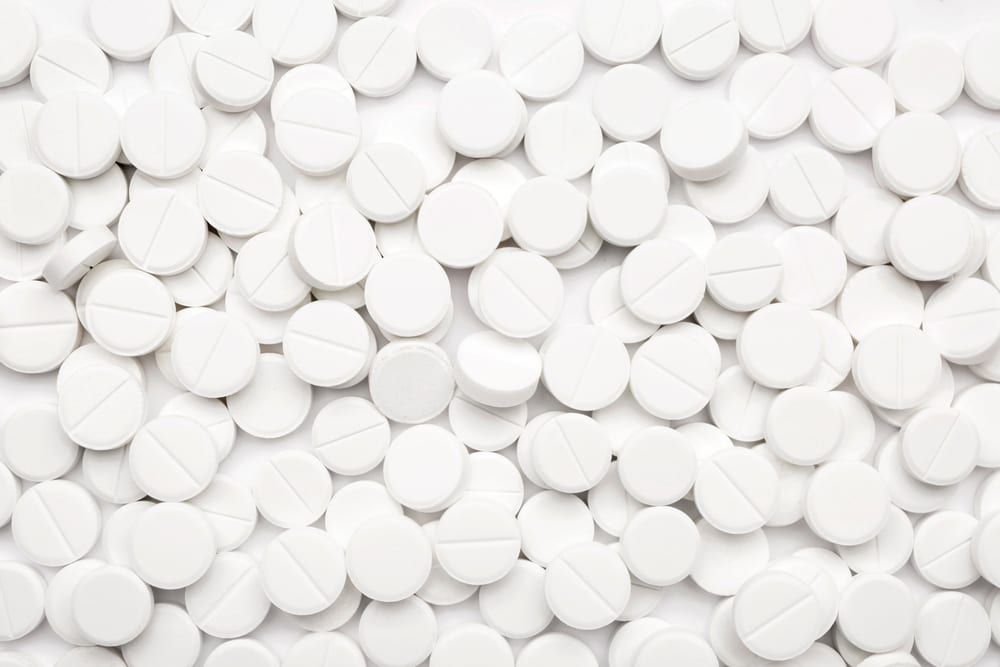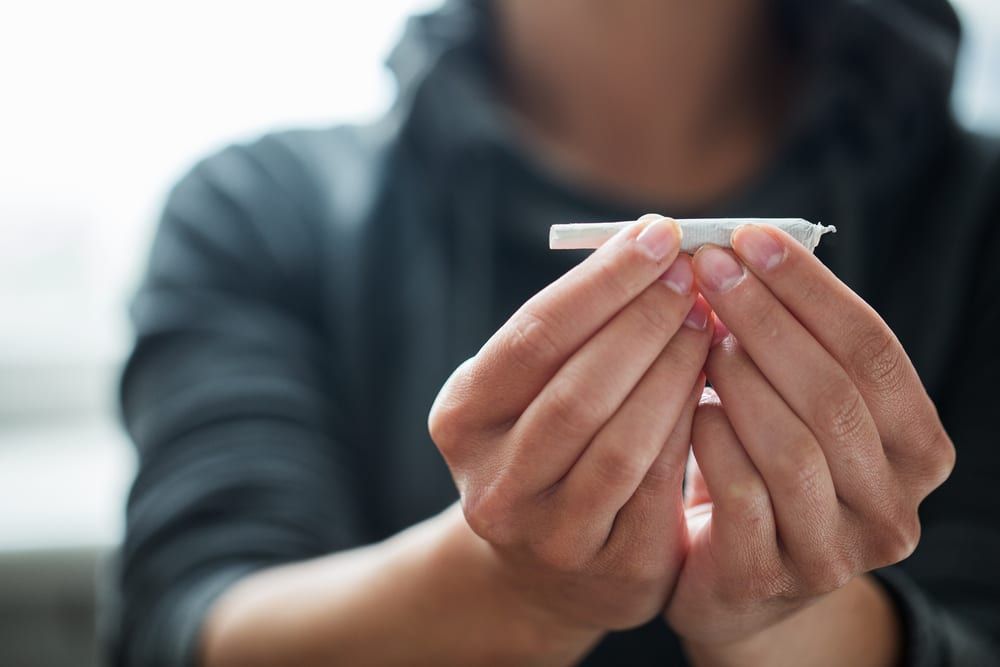Derived from the coca leaf, cocaine was first extracted into its pure form by Alber Niemann, a German Chemist in 1859. This powdery substance was promoted by Sigmund Freud, an Austrian psychoanalyst, as an effective way to treat sexual impotence and depression. It would quickly become popularized throughout the world, ultimately becoming illegal in 1922 after 5,000 deaths resulted from its use in a single year. Cocaine remains one of the top three most commonly trafficked narcotics in the world.
About Cocaine Addiction
Typically found in a powdered form, this drug is known for its ability to boost your energy, alertness, and attention. Its most common form of use is snorting, though injection and rubbing it onto the gums are also frequently used. It can also be smoked in its crystal form. Use of this drug results in the delivery of dopamine, your body’s pleasure chemical, to the brain. Like most drugs, continuous use will result in the development of a resistance that requires greater levels to reach the same result.
How We Can Help With Cocaine Addiction
One of the most well-regarded methods of treating cocaine involves psychotherapy and medical detox. Our team of mental health experts will work with you to manage your withdrawal symptoms, break habits associated with use, and break thought patterns that make cravings hard to resist. We’ll also connect you with outside groups and services that are available to those battling addiction. Going through this process can be very difficult on your own; working with our specialists will provide you with the best potential chance for recovery.
Questions To Ask Your Therapist About Cocaine Addiction
Those battling an addiction to cocaine benefit from knowing as much as possible about the process they’re about to undergo. Below is information about some of the most common concerns cited by those about to start on the path to recovery.
- What Health Problems Occur From Cocaine Addiction? Those who have continued to use cocaine for an extended period begin to experience severe problems with addiction. These include lung damage, problems performing sexually, HIV/Hepatitis from an injection, seizures, stroke, and decay of the bowels in cases where it is swallowed.
- What Is Withdrawal from Cocaine Like? The period of withdrawal is the most challenging period of battling cocaine addiction. Those who are beginning this path may begin experiencing exhaustion, slow or distracted thinking, restlessness, the inability to feel pleasure and associated difficulties becoming aroused, and heightened appetite. Other symptoms include nerve pain, muscle aches, chills, and tremors. Suicidal thoughts are often a common symptom and require immediate care.
- When Will It Become Necessary To Get Medical Detox? A first attempt to battle cocaine addiction can often be made on an outpatient basis. Those who have previously failed in their attempt or have mental health disorders occurring alongside cocaine addiction are often encouraged to seek help with medical detox. Inpatient treatment can help address mental health concerns and withdrawal symptoms alike.
If you’re beginning your journey to a life free from cocaine addiction, it’s time to contact our clinic for assistance. Our staff has undergone specialized training to help those battling addiction experience their best hope of success. If you or a family member are fighting addiction to cocaine and are seeking help breaking the chains, call us today. Success rates for breaking addiction are higher among those who seek help, so give yourself your best chance with our clinic!










































